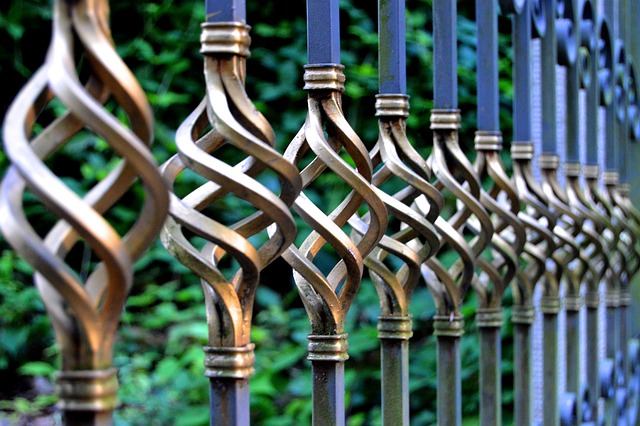All Categories
Featured

When setting up a fence, choosing the appropriate material is key to stabilizing functionality, looks, and spending plan. Wood, plastic, and light weight aluminum are among the most typically picked fencing materials, each with its downsides and staminas. This overview discovers the benefits and drawbacks of these choices to aid you make an educated decision.

Timber Secure Fencing. Pros:. All-natural Charm: Wood's timeless beauty can enhance any kind of residential or commercial property with its traditional and cozy look. Personalized: You can repaint, discolor, or sculpt wood to fit your style preferences. Cost effective: Wood fence is originally much more budget-friendly contrasted to some various other products. Environmentally Friendly: As a renewable source, wood is biodegradable and often considered environmentally friendly. Disadvantages:. Maintenance-Intensive: Normal sealing, painting, or discoloration is called for to avoid damages from climate and parasites. Prone to Degeneration: Without correct care, timber can rot, warp, or crack over time. Shorter Lifespan: On average, wood fencings last 10-15 years, depending upon the sort of timber and upkeep. Timber is a terrific alternative for those that value aesthetics and are willing to buy regular maintenance to maintain its look and resilience.
Vinyl Fence. Pros:. Reduced Maintenance: Vinyl needs very little care-- just periodic cleansing with soap and water. Weather Resistant: It doesn't warp, rot, or succumb to insect damage, making it extremely long lasting in numerous climates. Longevity: Plastic fencings can last 20-30 years with little to no fixings. Design Range: Available in a variety of styles, structures, and colors, consisting of wood-like looks. Cons:. Greater First Price: Plastic fences are much more pricey upfront contrasted to timber. Susceptability to Cold: In extremely cold climate, vinyl can end up being breakable and vulnerable to splitting. Limited Repair Work Options: Matching substitute panels can be challenging if damage takes place. Vinyl fence is optimal for property owners trying to find a lasting, low-maintenance remedy that supplies modern-day adaptability.

Aluminum Fence. Pros:. Rust-Proof: Aluminum stands up to rust, making it an excellent selection for damp or moist settings. Durable: In spite of being light-weight, aluminum is strong and can stand up to harsh climate condition. Reduced Upkeep: It requires marginal maintenance, typically just occasional cleansing. Long Life expectancy: Aluminum fences can last decades without substantial damage. Sophisticated Design: Often made use of for decorative objectives, aluminum fence adds a smooth, innovative seek to homes. Disadvantages:. High Preliminary Financial investment: Light weight aluminum fences are among the costlier choices on the market. Much less Personal privacy: The open styles common with light weight aluminum fence don't give much privacy. Prone to Damages: While resilient, aluminum can damage if struck with adequate pressure. Light weight aluminum is a superb choice for homeowners focusing on aesthetics and longevity without needing much upkeep.
Making Your Decision. When deciding in between wood, aluminum, or plastic fencing, consider your concerns:
Timber matches those who appreciate a natural appearance and do not mind placing in maintenance initiative. Plastic is the most effective choice for those seeking a low-maintenance, weather-resistant service. Aluminum provides sleek design and resilient longevity however might do not have privacy. By very carefully evaluating these materials' attributes, you can choose a fencing that enhances your home while fulfilling your practical and visual needs.
Latest Posts
Recognizing When Your Car Needs Professional Auto Repair at Montclare Auto Repair
Published May 28, 25
1 min read
Reputable Commercial Roofing Providers by Weathercraft
Published May 27, 25
2 min read
Why Routine Auto Maintenance at Montclare Auto Repair Reduces Costs
Published May 26, 25
1 min read
More
Latest Posts
Recognizing When Your Car Needs Professional Auto Repair at Montclare Auto Repair
Published May 28, 25
1 min read
Reputable Commercial Roofing Providers by Weathercraft
Published May 27, 25
2 min read
Why Routine Auto Maintenance at Montclare Auto Repair Reduces Costs
Published May 26, 25
1 min read